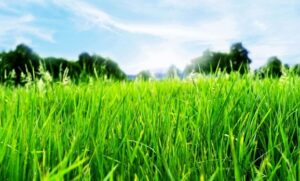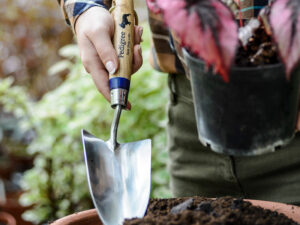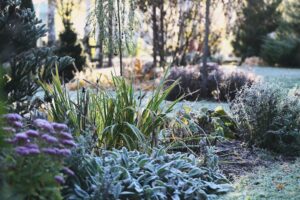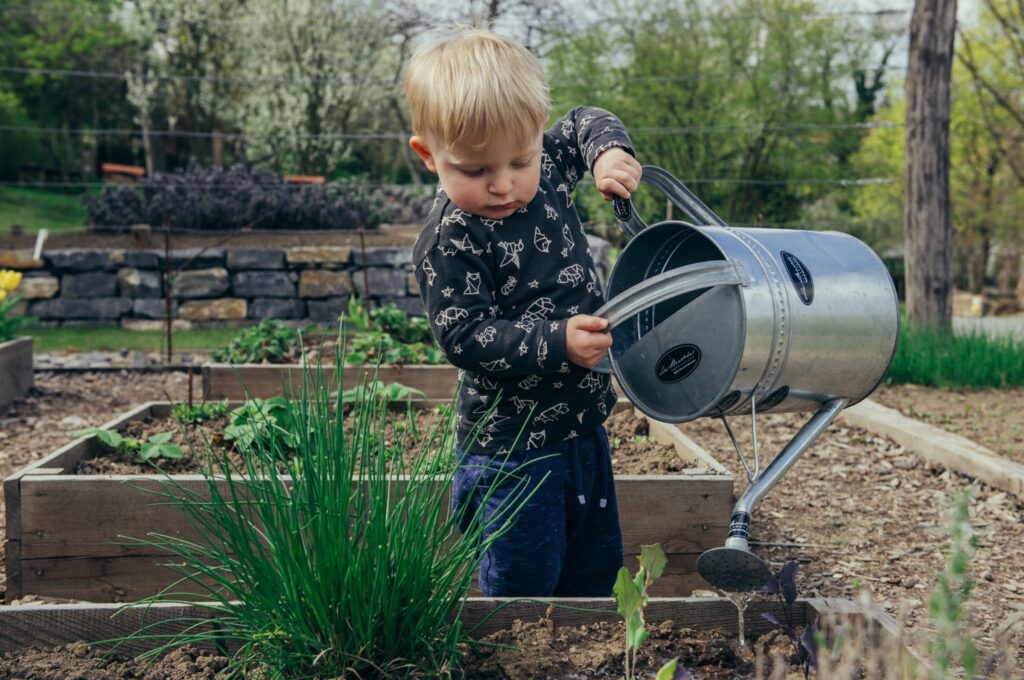
Updated: June 2024
Gardening using raised beds is one of the quickest ways to guarantee yourself a bumper crop of delicious home-grown veggies or a beautiful bloom of flowers! They offer numerous benefits, including improved drainage, better control over soil quality and easier access for planting and harvesting.
So, if you want to get started with creating your own raised garden bed, you need to know what is the best soil to fill it. In this handy guide, we’ll get into everything you need to know about the topsoil and organic matter we think you’ll need for your raised garden bed project, no matter the weather and whatever the season.
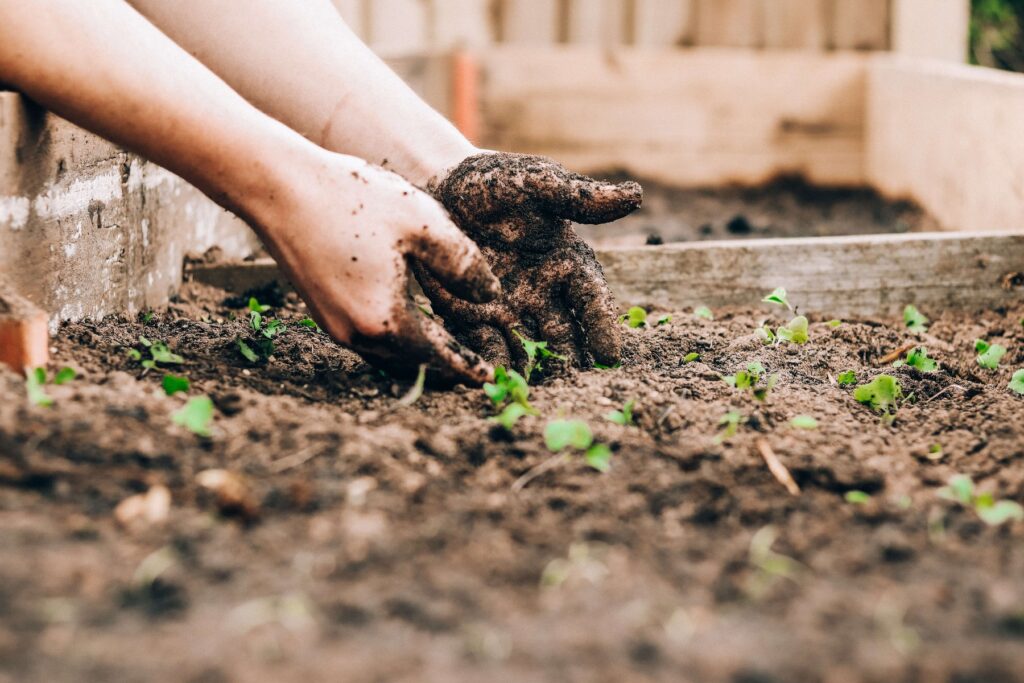
Best topsoils for raised beds
Bed and Borders Topsoil
Our Beds and Borders Topsoil is a BS3882 Certified developed topsoil including 40% of our own PAS100 compost and quarried sand. It’s wonderful for creating new flower beds and garden borders, as well as topping up old ones because it’s rich in a perfect blend of natural organic nutrients and it retains moisture well.
Organic Garden Topsoil
Our Organic Garden Topsoil is natural soil that’s rich in minerals and nutrients that are released slowly over time. This high-quality topsoil, which has been enhanced with organic compost to improve structure and drainage, will provide your plants with a well-deserved nutrient boost and also help to promote robust, healthy development within your raised bed. Just make sure to keep on top of watering the environment you’ve created and avoid drowning the root area of your plants; you should see impressive results in no time.
BS3882 Multi-Purpose Topsoil
Our BS3882 Multi-Purpose Topsoil is sandy loam topsoil made with our PAS100 compost, which meets the BS 3882:2015 Topsoil specification. During droughts, our topsoil gently releases nutrients and oxygen, and it can drain surplus water while keeping enough moisture to help plants feel and look healthy.
It provides excellent support for plant growth and is especially good for supporting produce growing in raised beds. It is suitable for the majority of garden and landscaping projects, but we think it really has an edge when it comes to planting in raised beds.
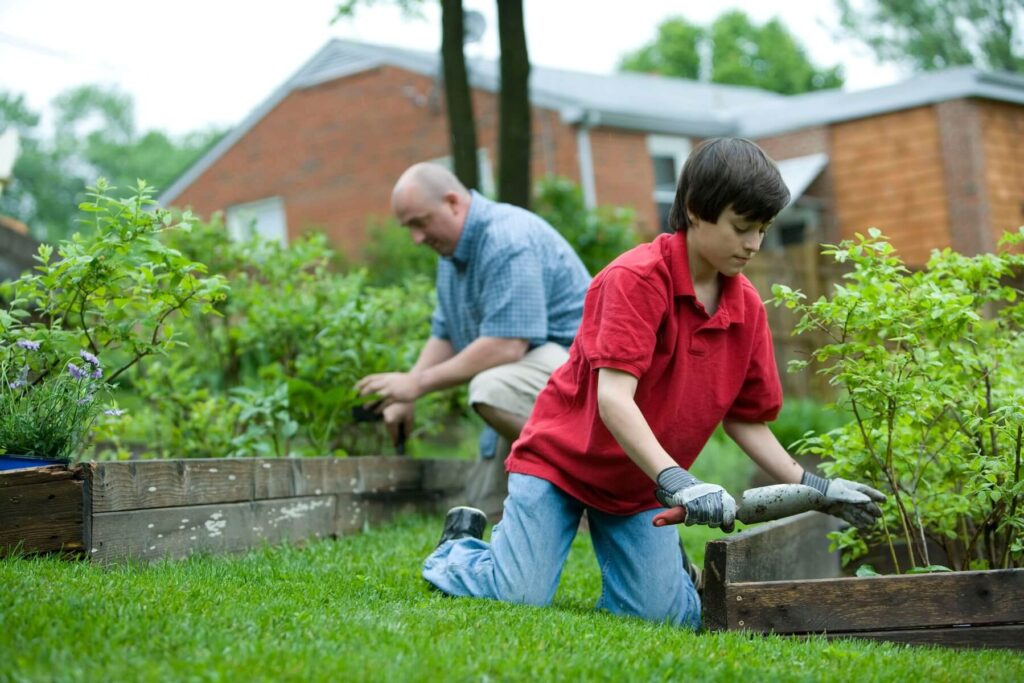
How can I improve my soil for raised beds?
Let’s look into some simple ways you can improve the soil for your raised garden bed so your plants and vegetables have all the nutrients they need to thrive.
Mushroom Compost
Mushroom compost is crumbly and light to the touch, and provides a variety of beneficial nutrients that help compost do its job to the best of its ability, and it definitely won’t affect the pH of your soil because, after all, it’s a neutral pH.
Leaves
One of our favourite additives to mix in with your topsoil is some old shredded leaves. They’re free (which is always a bonus) and tend to add a fair bit of bulk to your overall product. So, what we recommend you do is shred the leaves you’ve collected, and soak them through thoroughly.
The leaves rot entirely within a 6-12 month period, and after that, they are then ready to be absorbed into the soil. Ask around your local area if you don’t happen to have enough leaves. We’re sure your friends and neighbours will gladly hand their leaves over!
Pine Ground Bark
Even though pine bark is slightly acidic, it rarely has much (if any) impact on the overall pH of the soil in any garden. There are all sorts of ground fine composted bark to pick from, each comes with its list of pros and cons, but pine is by far the most popular. For your future projects, make sure you utilise as much old bark as you can.
During the earliest stages of decomposition, freshly chipped wood will deplete the nutrients your soil has rather than benefit it in the long run. The carbon content of ground bark is high, and although it will decay with time, its gritty texture will let water and oxygen freely flow through your garden beds.
The difference between bark and mulch can be quite confusing, that’s why we’ve put together this handy blog: Mulch 101: What is Mulch, and What is Mulch Used For?.
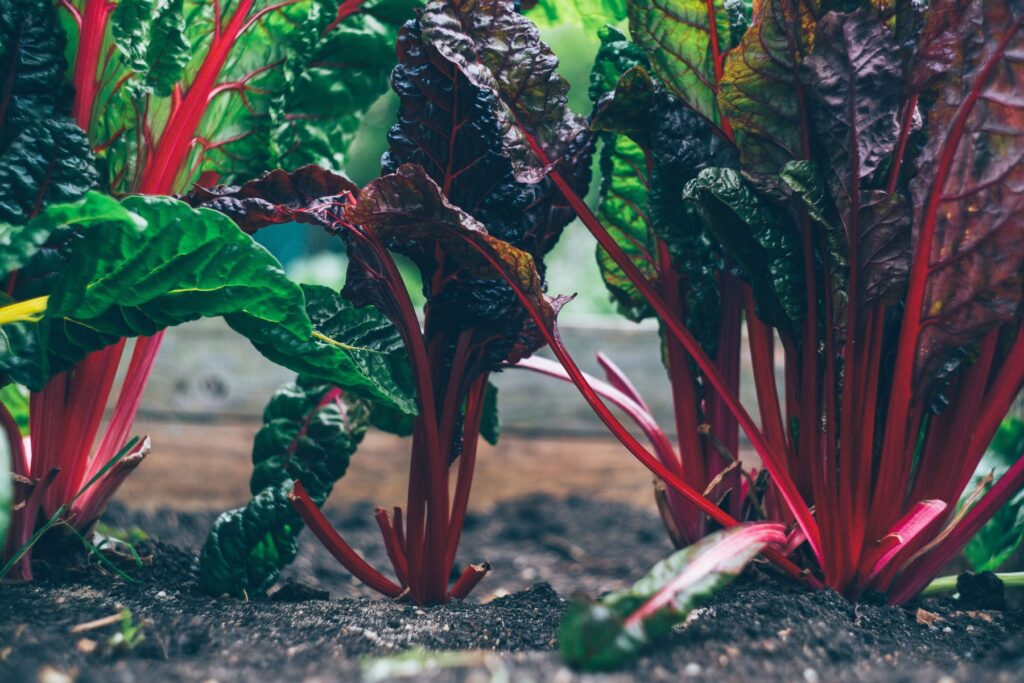
Tips for maintaining raised bed soil
Throughout the seasons, we recommend maintaining the soil so that your plants and vegetables are given a helping hand to grow and thrive. Here are some simple tips:
Crop Rotation
Rotating crops prevents nutrient depletion within the soil and reduces pest build-up. If you rotate plants and crops this can help to maintain soil fertility and balance nutrients within the soil.
Composting
Add in some compost each season to replenish nutrients – no need to replace your compost or soil, just mix some more compost in! You can use homemade compost if you have some or our Beds and Borders Compost has all the nutrients your raised bed will need.
Cover in winter
Winter is a particularly harsh time for raised beds due to wind, rain and frost. So you can help protect your plants by covering your soil with a thin layer of mulch during the colder seasons.
The best topsoil for raised beds conclusion
One of the biggest advantages of planting on a raised bed is that you have so much more control over the soil. That’s why knowing exactly what kind of soil you need is so important.
Raised beds are especially beneficial for people who have soil troubles or pollution concerns on their land, as you have control over what and how you grow. Great soil is the foundation of a healthy garden and gives your vegetables and plants the very best start they can.
Earth Cycle gardening products
If you have any questions regarding our wide range of topsoils or how to make your own raised bed from scratch, we’d be happy to help in any way we can. We have a handy project page dedicated to making your beds and borders that is filled with all the products you need for a successful raised bed.

